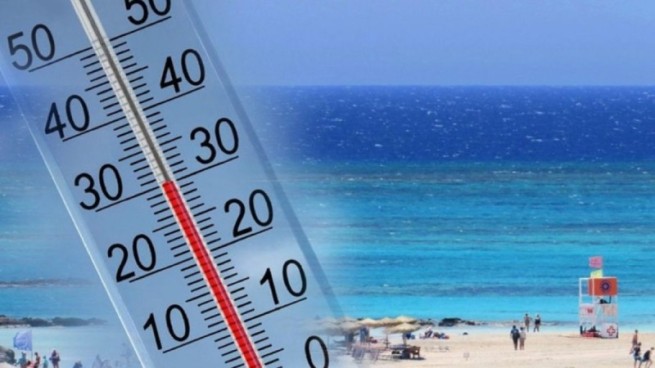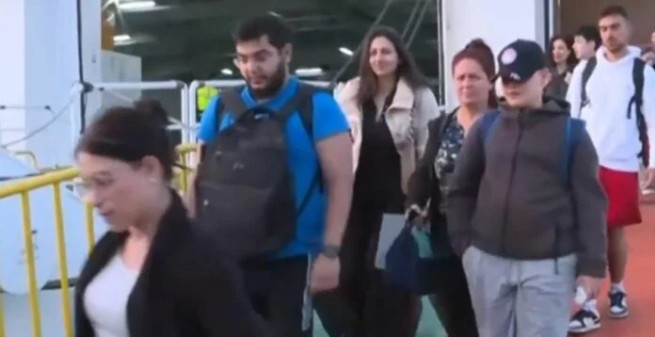The wave of downfalls of European governments that pursued anti-Russian policies continues, now it is the turn of one of the main apogelots of Russophobia, Estonia.
This is the fifth fall of governments among countries EU, and, as everything shows, this phenomenon will intensify in the fall. It was preceded by Great Britain (Johnson’s resignation), Bulgaria (Petkov’s resignation), France (minority governments), Italy (Draghi’s resignation, although not yet accepted by the Italian President). Inflation and the constant rise in prices will drive citizens to despair. It breeds anger, and anger is always directed against governments and the policies they follow.
I will form a new government. According to the constitution, I just announced that the current government will resign.
I’ve proposed to convene extraordinary parliament sitting on Friday, where I’ll ask for a mandate for the new government coalition.
— Kaja Kallas (@kajakallas) July 14, 2022
Estonian Prime Minister Kaja Kallas tweeted: “I will form a new government. In accordance with the constitution, I have just announced that the current government will resign, formally informing the government of my decision.”
Kallas, who heads the center-right Reform Party, has proposed calling an emergency parliamentary session to seek a mandate for her new coalition government with the conservative Isamaa and the opposition Social Democratic Party. A new coalition in Estonia has voted to reappoint Prime Minister Kai Kalas, hoping she will remain in power until the March 2023 elections.
The Estonian prime minister wants to keep the same anti-Russian mission as the Western countries that support him. However, rising prices and inflation are relentless. The government crisis in Estonia came to a head in June when Kallas ousted the left-wing Center Party from the bipartisan ruling coalition. The conflict escalated over disagreements over welfare spending and policies at a time when Estonian household spending was on the rise due to high inflation. The inflation rate in this Baltic country is one of the highest in Europe, reaching 22% in June, according to Eurostat.
We are active members of the international community, with special focus on the European Union and NATO.
We will also continue our unwavering support to #Ukraine. 2/3
— Kaja Kallas (@kajakallas) July 15, 2022
“Estonia was in good hands,” Kallas said, highlighting the challenges posed by COVID-19, the war in Ukraine and the energy crisis. It is the continuing rise in fuel prices, dragging food prices with it as a result of the West’s stupid anti-Russian sanctions for the sake of Kyiv, that “kills” European governments.
This is also why the Mitsotakis government in Greece narrowly avoided early elections (or at least they think they have). K. Mitsotakis understands that at present, ultimately, it is very difficult to lead the government because, in the end, the behavior of the electorate cannot be predicted. Therefore, for elected authorities throughout the EU, the main problem now is not so much to remain in office, but simply to survive.
Along with the effect of sanctions, the negative consequences of the protracted two-year pandemic should also be taken into account. Which, in fact, has not ended, because it is convenient for the Americans to continue it. Therefore, Europe is again preparing for quarantine to avoid the wrath of a society that it has doomed to bankruptcy and falling living standards by imposing anti-Russian sanctions that have caused prices to rise and inflation.
About the author: Theophrastos Andreopoulos, editor-in-chief of ProNews.







More Stories
Financial Times: Russia is actively preparing sabotage in Europe
Shock: Drag queen will carry the Olympic flame in Paris
Greece consistently ranks last in the EU for media freedom